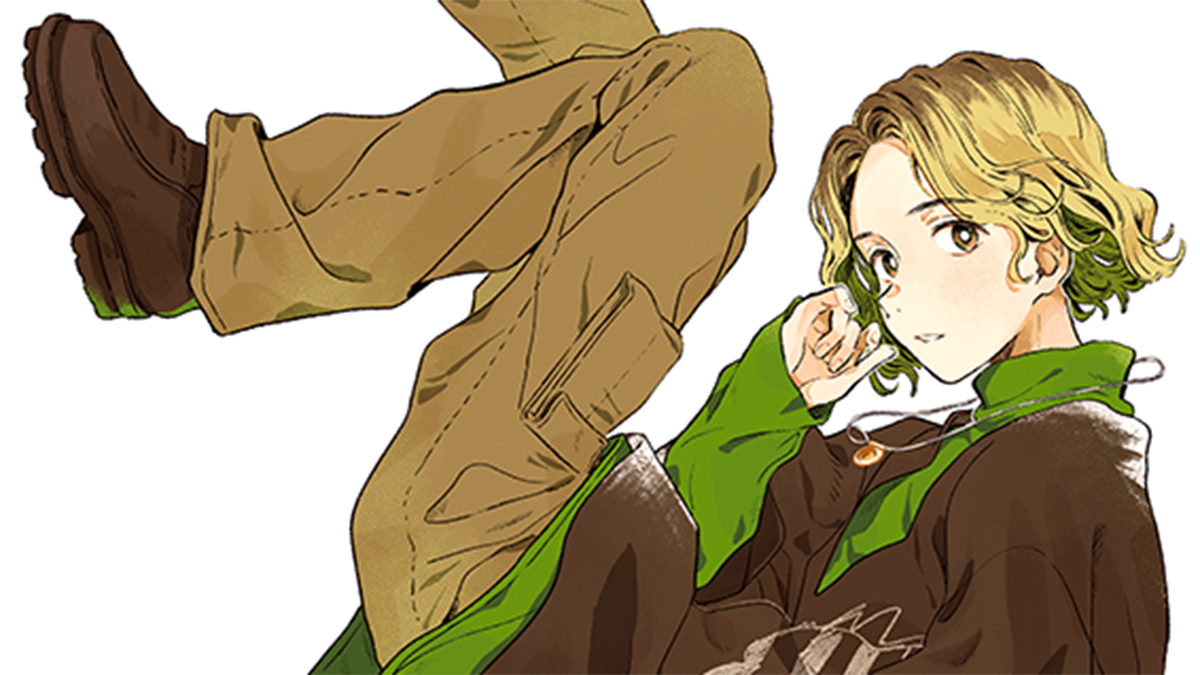This new Vocaloid soundbank sings like Porter Robinson, and he’s made a demo track to show what it can do
“I’m really curious to hear this software in the hands of people more capable of advanced Vocaloid tuning than me!”

Now almost 20 years old, Yamaha’s Vocaloid singing synth software has defied expectations to reach version 6, and continues to be supported with new soundbanks. The latest of these is particularly notable, as it’s based on the vocal stylings of none other than EDM producer Porter Robinson.
Going by the name of Po-uta, and fronted by its own anime-style avatar, this promises to “authentically reproduce the vocals used by Robinson in his own songs, which are known for their clarity and exquisite high range.”
The press release goes on to add: “This ensures a striking presence that won't be eclipsed, even by powerful music such as electronica.”
There are 13 singing style presets, all of which have been approved by Porter Robinson and vary in style and tone. The Po-uta bank also makes use of some of the new features in Vocaloid 6, such as the Vocalo Changer, which uses your own vocal data to replicate your singing style, and the Multilingual option, which makes it possible to switch your lyrics between Japanese, English and Chinese with a single voicebank.
Discussing the track that you can hear in the video above, Porter Robinson says: “This is a demo-song I made to demonstrate my new official Vocaloid voicebank! I went for a fairly hard-tuned “robotic” sound to match the song’s themes (and so much of my own favorite Vocaloid music is in the ‘robot’ style), but Po-uta is also capable of realistic, human-sounding expressive styles too. I’m really curious to hear this software in the hands of people more capable of advanced Vocaloid tuning than me!”
Voicebank Po-uta is available exclusively as a download from the Vocaloid Shop priced at $108 plus tax.
Want all the hottest music and gear news, reviews, deals, features and more, direct to your inbox? Sign up here.



I’m the Deputy Editor of MusicRadar, having worked on the site since its launch in 2007. I previously spent eight years working on our sister magazine, Computer Music. I’ve been playing the piano, gigging in bands and failing to finish tracks at home for more than 30 years, 24 of which I’ve also spent writing about music and the ever-changing technology used to make it.